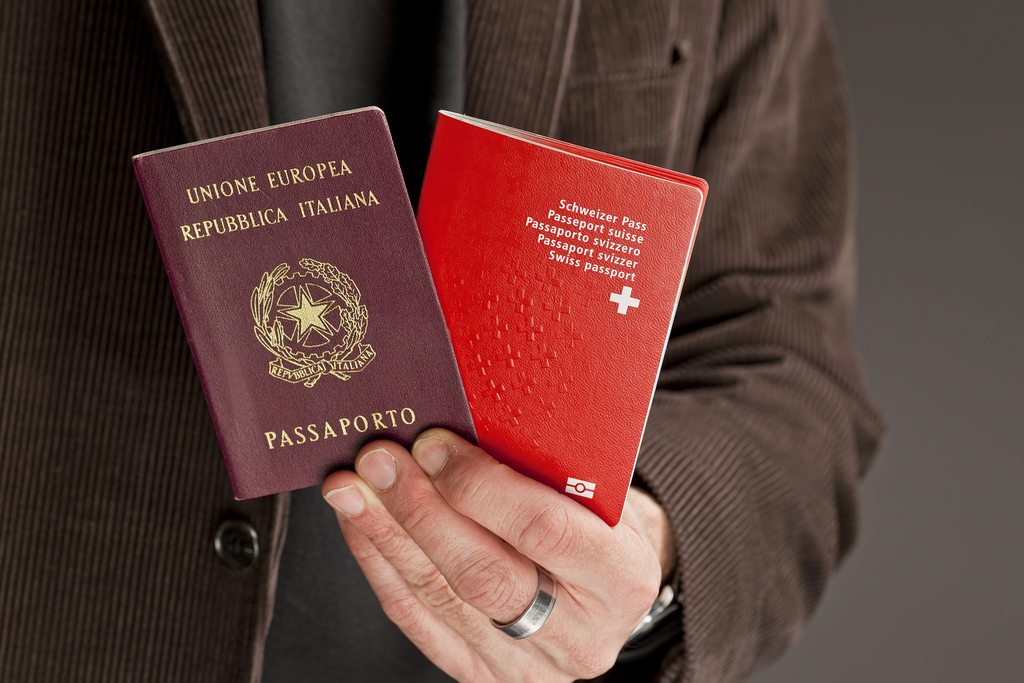Third generation migrant to be deported

An Italian, who was born and grew up in Switzerland, should be deported to Italy, despite never having lived there, a court in Bern has ruled.
The decision is a very unusual one as it concerns a third-generation migrant, experts say.
According to the court, the man’s “very severe guilt” makes the deportation necessary. The 33-year-was handed down several-year prison sentences in 2007 and 2011. After the second sentence canton Bern ordered his deportation. This was confirmed by the Bern Administrative Court External linkon Monday.
The man now has until January 15, 2015 to leave Switzerland. It is not yet known whether he will appeal.
The Italian had argued that he had been born in the country, spoke Swiss German dialect and was married to a Swiss woman. In addition, he only has very distant relatives in Italy, with whom he has had no contact. Deportation was disproportionate, especially as he had never endangered any human life, he said.
The administrative court did not agree. The man was “not willing or not able to adhere to the Swiss legal system” the judges found, pointing to the more than 20 offences committed by the man, including robbery, theft, breaking and entering, as well as drug and gun offences.
There were “no unsurmountable obstacles” to a fresh start in Italy, as the man was healthy and spoke Italian, the judges said.
As for his Swiss wife, she could follow her husband to Italy – although she hardly speaks any Italian, the court added. She already knew about the man’s background when she married him. Or they could have a cross-border marriage, the court suggested.
Rare case
Deportations of third generation migrants are very rare, said Alberto Achermann,External link professor of migration law at Bern University. Situations like this are unlikely to happen in other European countries, he added.
This is because most other countries no longer have third generation migrants – they have all gained citizenship at an earlier stage. Switzerland has among the strictest citizenship rules in Europe, with foreigners currently having to wait 12 years before they can request naturalisation, although parliament has voted to reduce this to ten.
The Swiss law on deportation is also very strict, added the professor, for example in comparison with Austria. There parliament has recently decided that second-generation migrants (known as ‘secondos’) cannot be deported, even for more severe crimes.
The Swiss population voted in 2010 on an initiative for the automatic deportation of foreigners found guilty of a crime.
“Hardly any other European country would deport second-generation migrants,” Achermann said.

In compliance with the JTI standards
More: SWI swissinfo.ch certified by the Journalism Trust Initiative










You can find an overview of ongoing debates with our journalists here . Please join us!
If you want to start a conversation about a topic raised in this article or want to report factual errors, email us at english@swissinfo.ch.